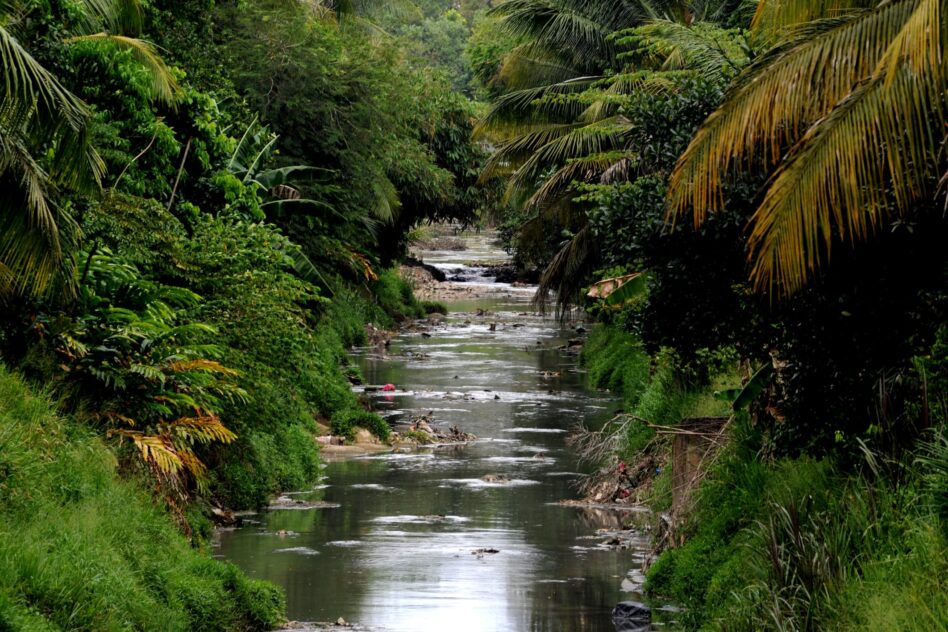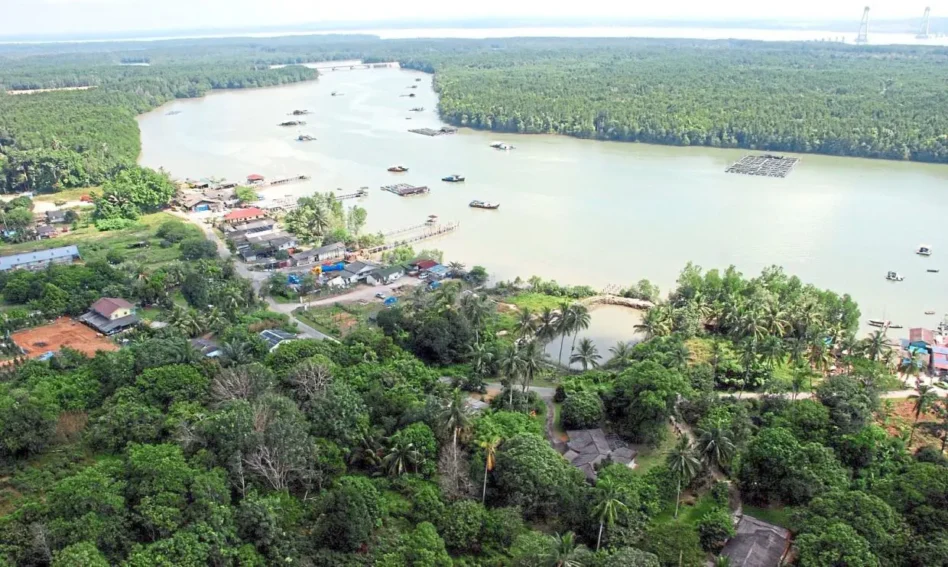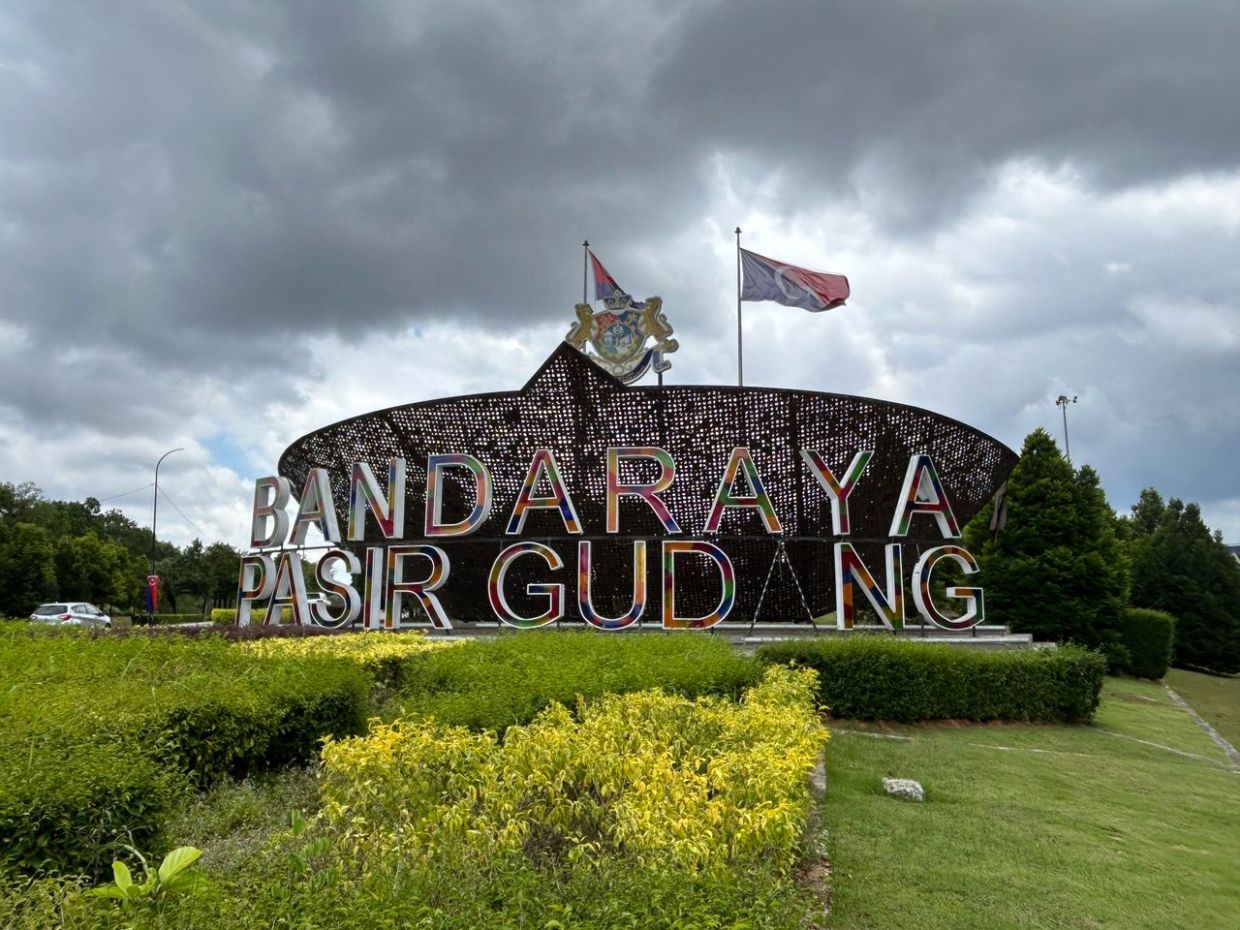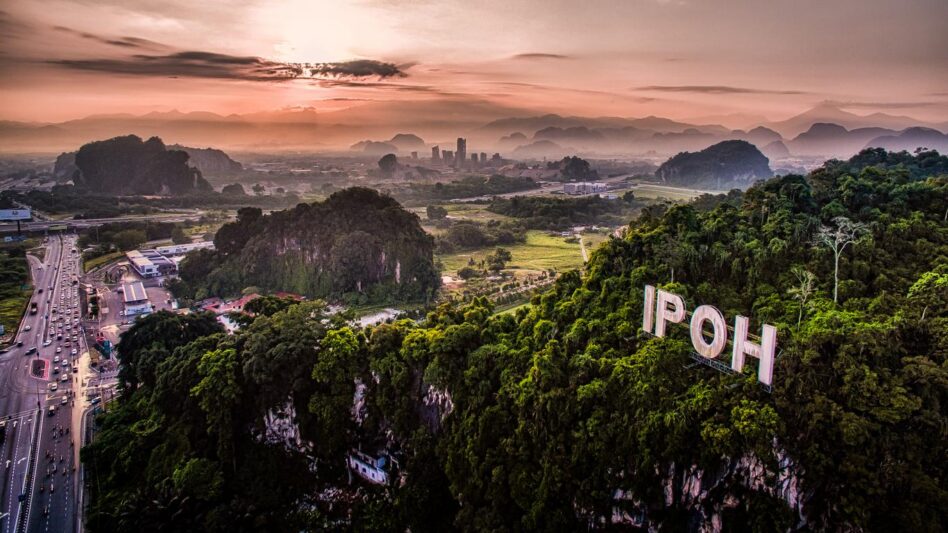OTHER than Visit Malaysia Years, how many can remember Visit State Years, especially of another state?
Over the years, many such Visit Destination Years have come and gone, with most passed into oblivion, and high visitor figures were more claims than actual arrivals counted.
And what about Visit Pasir Gudang Year 2025? Do you know where Pasir Gudang is? It was granted city status in 2020 and could be the second most populous urban area in Johor, but another source states it is the fifth after Johor Bahru, Iskandar Puteri, Batu Pahat, and Muar.
According to a website, the main industries in Pasir Gudang are transportation, logistics, shipbuilding, petrochemicals, and other heavy industries, with oil palm storage and distribution facilities located in Johor Port, and its Tanjung Langsat Port also handling dangerous cargo.
All the above makes Pasir Gudang a heavyweight in industrial and port activities and far from being a leisure tourism destination. Hence, it was puzzling to read a report with the heading “Need for more tourism spots in Pasir Gudang” (The Star, Dec 12).
Residents and business owners there are now calling for the postponement of Visit Pasir Gudang Year 2025 as many of the city’s tourist attractions are not yet fully developed. Not only that, the area is infamous for a catastrophe that occurred more than five years ago.

On March 7, 2019, chemical wastes were illegally dumped at the Kim Kim River in Pasir Gudang, releasing toxic fumes that affected 6,000 people and hospitalised 2,775 – a disaster of epic proportions!
Because the pollution in the river was not fully cleared, it resulted in the second wave of air poisoning on March 11 with a thousand people affected and 200 hospitalised, and the third wave on June 20, with many students complaining of nausea, dizziness, and vomiting.
Just two days ago, the manager and supervisor of an oleochemical factory near the Pasir Gudang Industrial Estate were arrested by the Department of Environment for the discharge of brown effluent from a malfunctioning treatment system into the Sungai Buloh there.
Today, those driving in Pasir Gudang have to contend with many potholes caused by heavy vehicles, traffic jams, and massive congestion every time there are large-scale events.
Those relying on poor public transport would spend most of their time waiting indefinitely for buses.
Although the locals here are naturally friendly like most Malaysians are, the environment and conditions may not be as visitor-friendly as most parts of Johor or the rest of the country. Using Visit Pasir Gudang 2025 will only make a mockery of the term, which ought to be controlled.
It was reported that areas in Tanjung Langsat and Kong Kong are hidden gems in Pasir Gudang as they contain mangrove forests rich in biodiversity with the potential to be developed further as ecotourism destinations.
Granted, all jungles, including mangrove forests, are great for nature lovers. But most visits to natural environments can only be described as nature-based tourism, not ecotourism, which means nature-friendly tourism by not damaging or collecting anything, leaving them untouched.

However, nearly all outings into a pristine jungle, mangrove swamp, or sandy beach bring harm to the natural environment, such as catching fish, crabs, insects, and birds, hunting for mammals or picking up ornamental or edible jungle produce, river stones, seashells or corals.
Real ecotourism involves tours escorted by nature guides who will remind and ensure visitors cause minimal damage and disturbance to the natural places visited.
In contrast, most normal leisure activities wreak havoc with laughter and shouting, and leaving behind piles of garbage.
Also, many failed to differentiate between tourism and recreation. The former is a business that involves spending by visitors and earning by locals.
The latter may not involve any spending, as visitors arrive to enjoy what they can for free and then leave without benefiting the locals.
Lacking tourist attractions, there was a suggestion to promote Tanjung Langsat to those interested in capturing photos of planes taking off and landing in Singapore. Pasir Gudang is known for its annual international kite festival held at Bukit Layang-Layang every February.
Those who do not understand tourism should not create and jump on the tourism bandwagon. Individual entrepreneurs in Pasir Gudang can be more successful in their businesses such as ceramic village, crocodile and mussel farms by working together instead of making solo efforts. – Dec 13, 2024
YS Chan is master trainer for Mesra Malaysia and Travel and Tours Enhancement Course and an Asean Tourism Master Trainer. He is also a tourism and transport business consultant.
The views expressed are solely of the author and do not necessarily reflect those of Focus Malaysia.
Main image: The Star









